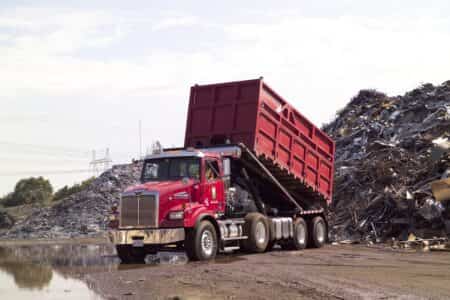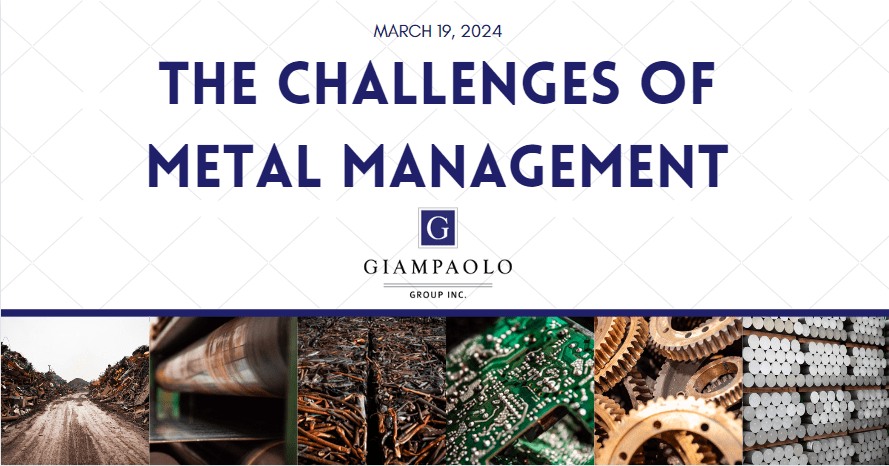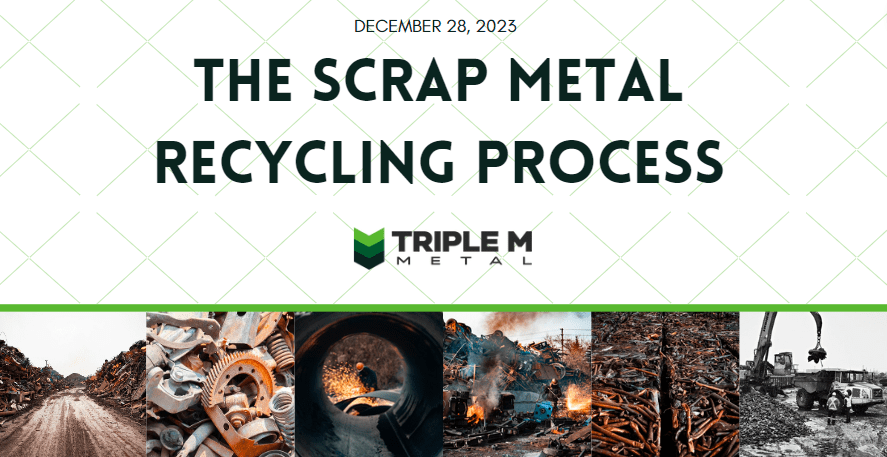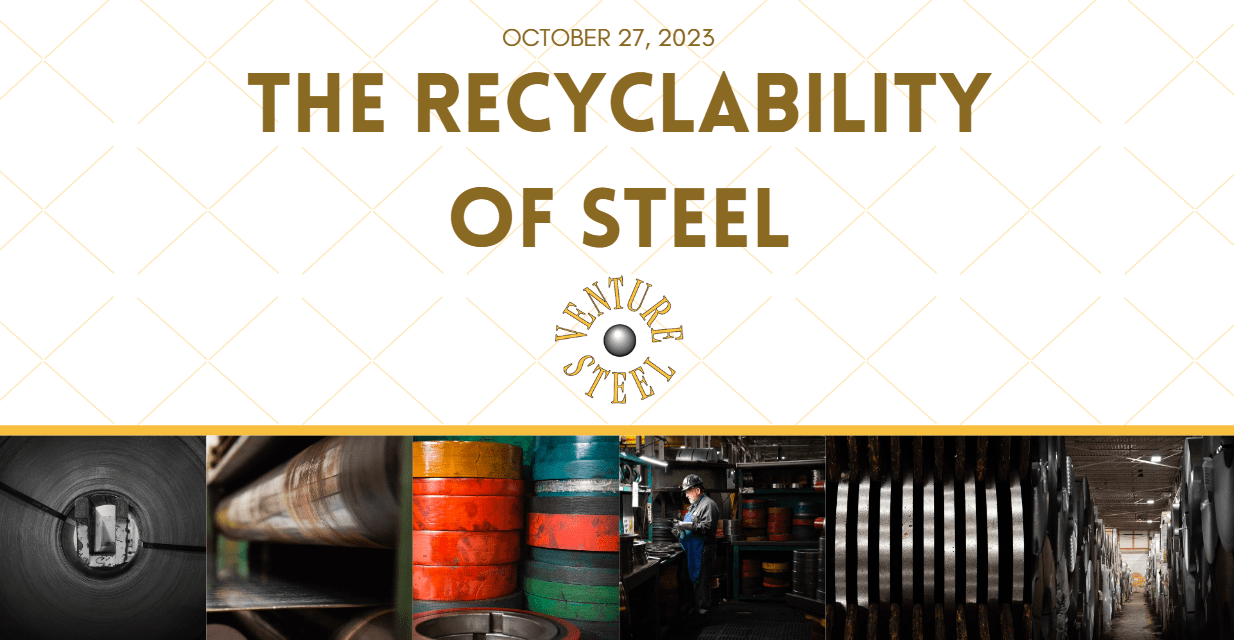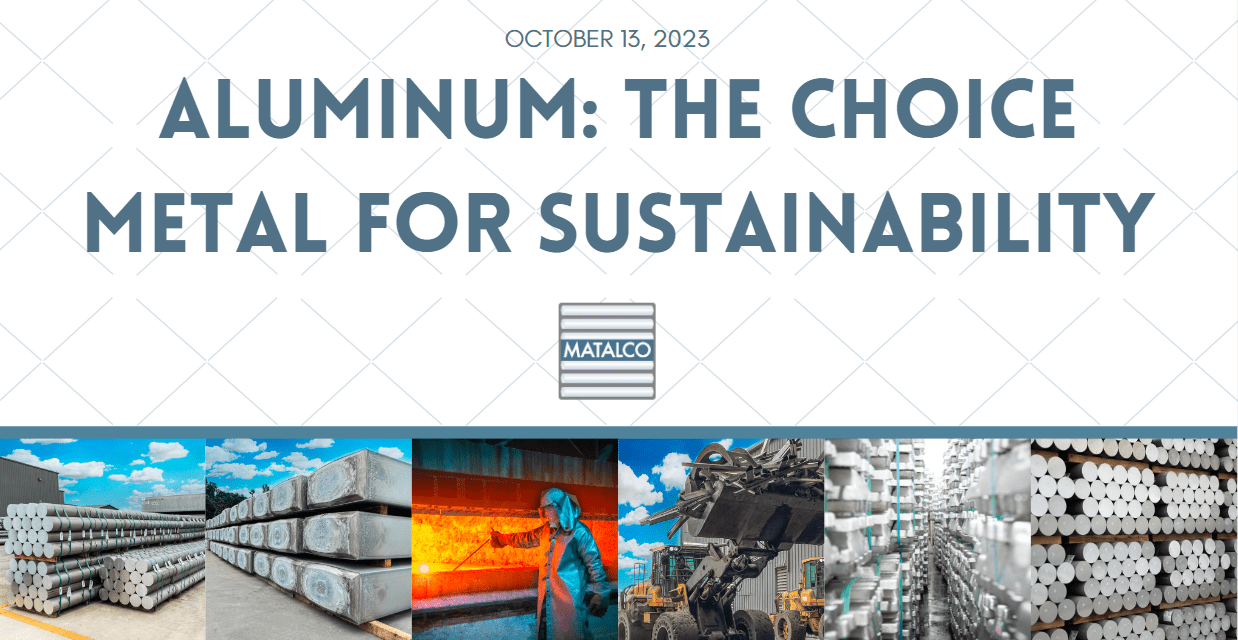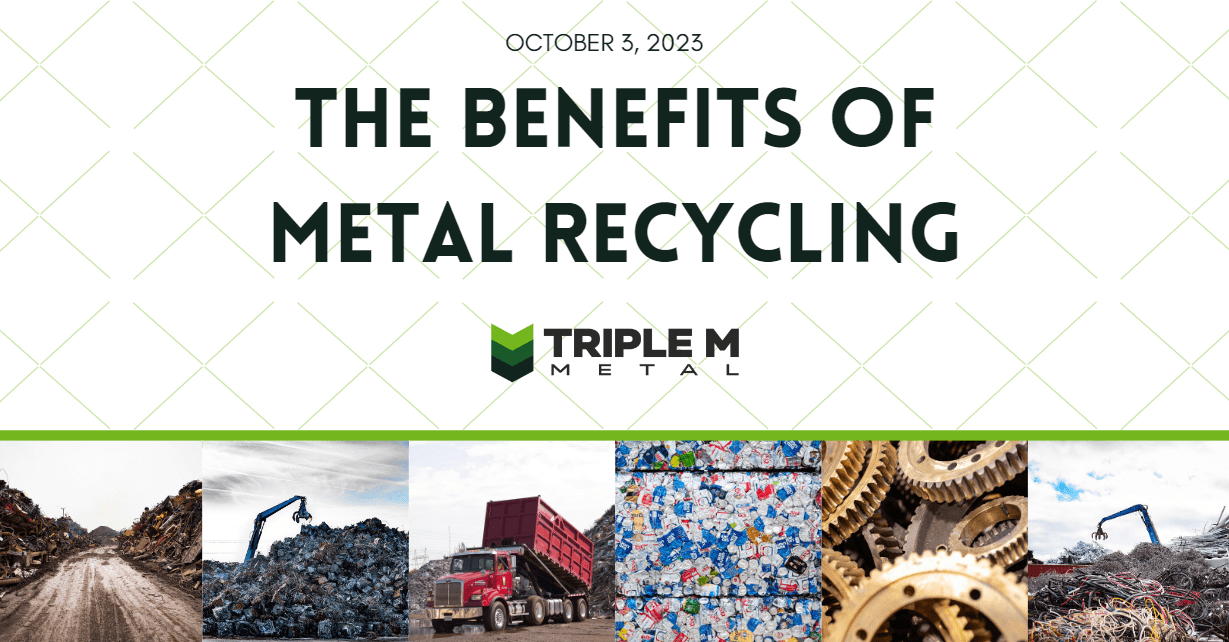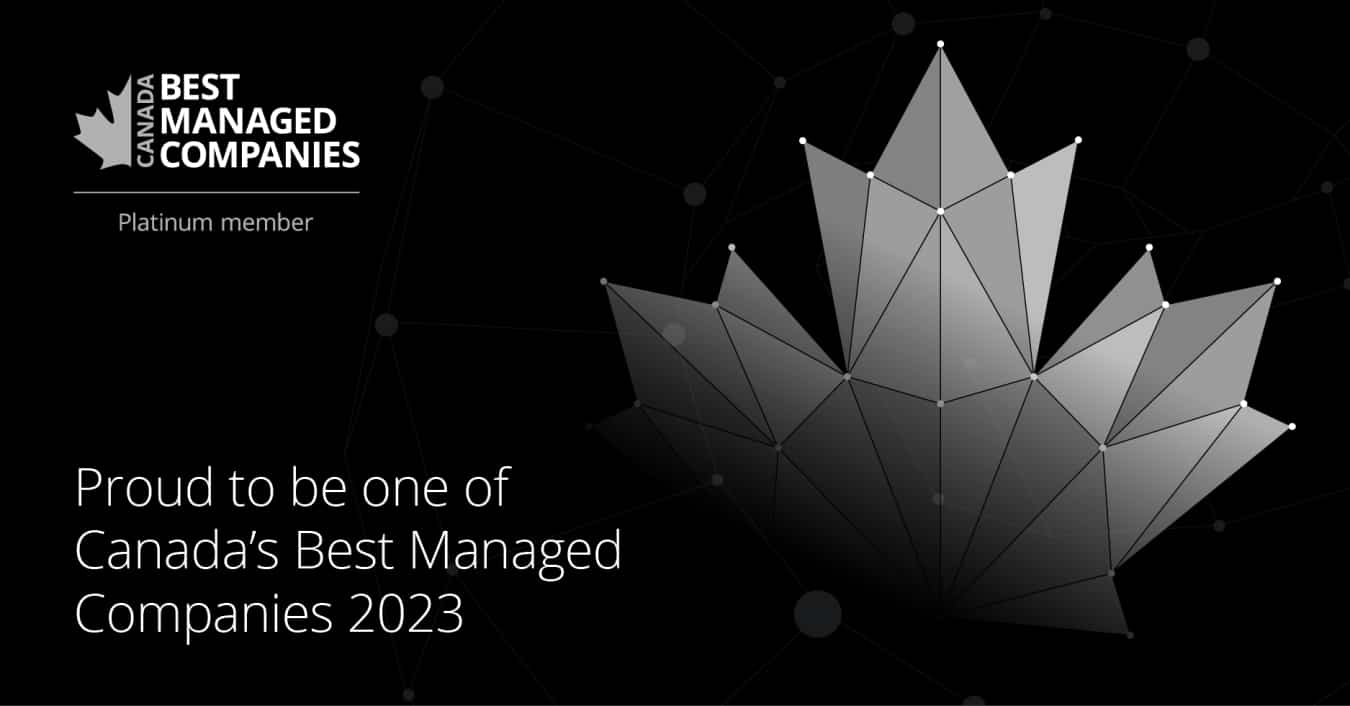
Toronto, ON— MAY 9, 2023— Giampaolo Group was recognized for its industry-leadingperformance, its global business practices, andits sustained growth by receiving the prestigious2023 Canada’s Best Managed Companies award.
Celebrating its 30th anniversary, Canada’s Best Managed Companies program awards excellence in private Canadian-owned companies with revenues of $50 million or greater. To attain the designation, companies are evaluated on their leadership in the areas of strategy, culture and commitment, capabilities, and innovation, governance, and financial performance.
Canada’s Best Managed Companies is one of the country’s leading business awards programs recognizing innovative and world‑class businesses. Every year, hundreds of entrepreneurial companies compete for this designation in a rigorous and independent evaluation process.
Applicants are evaluated by an independent panel of judges with representation from program sponsors and special guests.
Since its conception, the Giampaolo Group has been dedicated to environmental excellence and harvesting a culture of collaboration and company pride. Over the past year, the Giampaolo Group of Companies has engaged in various growth initiatives and has continued to be a proven leader in sustainable practices. This focus on growth and sustainability are just two of the many reasons why the Giampaolo Group has once again been recognized as a platinum member of Canada’s Best Managed Companies program.
The 2023 cohort of Best Managed companies share common themes such as having a people centric culture, targeting effective ESG strategies, and accelerating operational digitization.
“The 2023 Best Managed winners exemplify the highest Canadian business standards of innovation, adaptability, and resilience,” said Lorrie King, Partner, “Over the past year, companies such as The Giampaolo Group have accelerated by continuously adapting and successfully responding to challenges, seizing new opportunities, leveraging industry leading competencies to maximize their investments, and driving sustainable growth.”
About Canada’s Best Managed Companies Program
Canada’s Best Managed Companies program continues to be the mark of excellence for privately-owned Canadian companies. Every year since the launch of the program in 1993, hundreds of entrepreneurial companies have competed for this designation in a rigorous and independent process that evaluates their management skills and practices. The awards are granted on four levels: 1) Canada’s Best Managed Companies new winner (one of the new winners selected each year); 2) Canada’s Best Managed Companies winner (award recipients that have re-applied and successfully retained their Best Managed designation for two additional years, subject to annual operational and financial review); 3) Gold Standard winner (after three consecutive years of maintaining their Best Managed status, these winners have demonstrated their commitment to the program and successfully retained their award for 4-6 consecutive years); 4) Platinum Club member (winners that have maintained their Best Managed status for seven years or more). Program sponsors are Deloitte Private, CIBC, The Globe and Mail, Salesforce and TMX Group.
For more information, visit www.bestmanagedcompanies.ca.
About Giampaolo Group www.gg-inc.ca
Giampaolo Group was founded over 50 years ago in Toronto, Ontario. Since established, the organization has evolved into a multinational integrated metal corporation. The Giampaolo Group of Companies includes Triple M Metal LP, Venture Steel Inc., Matalco Inc., Quantum Lifecycle Partners LP, and Giampaolo Investments Limited. Triple M Metal LP is one of North America’s largest fully integrated recyclers of ferrous and non-ferrous scrap metal. Venture Steel is the service leader for carbon steel, stainless steel, and aluminum supply throughout North America. Matalco is a leading producer of high-quality aluminum slab and billet for the rolling, extrusion, and forging industries. Quantum Lifecycle Partners is a joint venture focusing on e-waste recycling and repurposing. Giampaolo Investments Limited is an industry-leading real estate and land development company focused on delivering high quality residential, industrial, and design-build solutions. Keen on ESG, the Giampaolo Group of Companies focuses on harvesting waste within the metal ecosystem and continuously exploring for new ways to provide innovative and sustainable solutions.
For more information, please contact:
bestmanagedcompanies@deloitte.ca
www.bestmanagedcompanies.ca
Contact information for Giampaolo Group
Nicole Ferrari • Marketing and Communications Coordinator, Giampaolo Group • 365.440.2642 • nferrari@gg-inc.ca • www.gg-inc.ca
